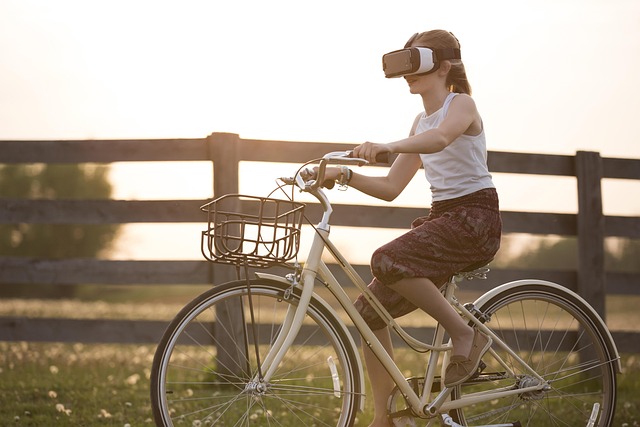Exploring the Future of Education: Virtual Project-Based Learning in the Metaverse
The educational landscape is evolving rapidly, propelled by technological advancements that reshape the way knowledge is imparted. Among these innovations, virtual project-based learning stands out, revolutionizing the traditional classroom and inviting students to engage in a dynamic learning environment. What was once simply a theory of integrating technology into studies is now taking form in the mesmerizing realms of virtual reality (VR) and augmented reality (AR).
Virtual Reality: A Gateway to New Experiences
Imagine stepping into a fully immersive virtual world where the boundaries of the classroom expand to encompass entire galaxies, ancient civilizations, or even intricate biological processes. Virtual reality offers students an unparalleled opportunity to explore and interact with their subjects actively. For instance, while studying ecosystems, learners can literally dive into the ocean to observe marine life up close, fostering a deeper understanding of biodiversity.
This immersive experience is particularly effective in virtual project-based learning as it encourages students to collaborate, create, and innovate within a simulated environment. By working on projects in VR, students not only grasp theoretical concepts but also learn to apply them in virtual scenarios, enhancing their critical thinking and problem-solving skills.
Augmented Reality: Enhancing Real-World Learning
While virtual reality creates entirely new worlds, augmented reality enriches our existing environment by overlaying digital information onto the physical world. Through AR applications, students can visualize complex data and concepts right in front of them. For example, a history lesson can become an interactive experience, where students use their devices to see historical landmarks come to life or recreate significant moments in time.
This technology facilitates virtual project-based learning by allowing learners to connect theoretical knowledge with real-life applications. When students apply their creativity to design projects that integrate augmented reality elements, they cultivate an awareness of how technology can enhance everyday experiences and problem-solving.
The Metaverse: A Collaborative Learning Space
At the intersection of these technologies lies the metaverse—a digital universe where users can interact in real-time, transcending geographical barriers. Imagine classrooms filled with students from diverse backgrounds, all working together on projects in the same virtual space. The metaverse fosters collaboration, encouraging learners to share ideas and perspectives that enrich their understanding.
In this vast digital realm, virtual project-based learning takes on a new dimension. Students can engage in global teamwork and tackle complex issues, such as climate change or social justice, through virtual simulations. This form of learning cultivates a sense of community and global citizenship, preparing learners for the interconnected world they will inhabit.
The Path Ahead
As educators and institutions begin to harness these technologies, we stand on the brink of a transformative era for education. The potential of virtual project-based learning in the metaverse can create opportunities for personalized learning experiences, increase engagement, and foster essential skills for the future workforce.
In this exciting journey, it is crucial that we embrace these innovations while ensuring equitable access, so all learners can benefit from the advancements. As we continue to explore the future of education, let us remain committed to creating inclusive, inspiring, and effective learning environments that resonate with every student.



